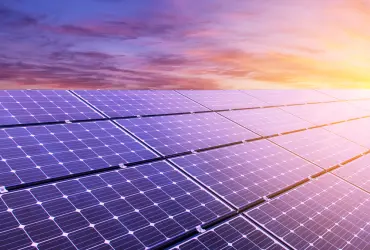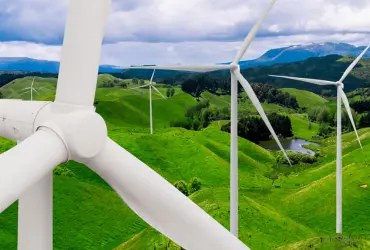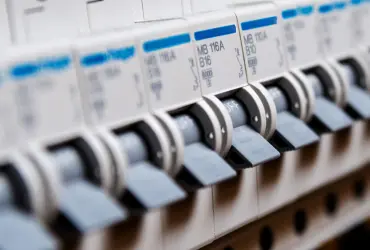Turn All Business Travel Into a Holiday
with a Team That Understands
What You Need
Upcoming Trade Shows in Germany for Energy

SHK ESSEN 2026, Essen, Germany
17 - 20 Mar 2026

Intersolar Europe 2026, Munich, Germany
23 - 25 Jun 2026

WindEnergy 2026, Hamburg, Germany
22 - 25 Sep 2026

eMOVE360° EUROPE 2026, Munich, Germany
13 - 14 Oct 2026

EnergyDecentral 2026, Hannover, Germany
10 - 13 Nov 2026

GET Nord 2026, Hamburg, Germany
19 - 21 Nov 2026

E-World Energy & Water 2027, Essen, Germany
16 - 18 Feb 2027

eltefa 2027, Stuttgart, Germany
2 - 4 Mar 2027

ACHEMA 2027, Frankfurt am Main, Germany
14 - 18 Jun 2027

Eltec 2027, Nurnberg, Germany
22 - 24 Jun 2027

HUSUM Wind 2027, Husum, Germany
14 - 17 Sep 2027

Enlit 2022, Frankfurt am Main, Germany
Coming soon
Germany’s national climate change strategy, embodied in the Climate Action Plan 2050, outlines a comprehensive pathway for achieving significant sector-specific emissions reductions, which when met will establish Germany’s energy industry as the greenest and most sustainable in Europe. This ambitious plan is a critical component of the Energiewende, Germany’s long-term strategy for transitioning to a renewable energy-based economy. The targets are clear: a minimum 40% reduction in greenhouse gas (GHG) emissions by 2020, 55% by 2030, 70% by 2040, and reaching an 80-95% reduction by 2050 compared to 1990 levels.
However, Germany has encountered challenges in meeting its near-term emissions targets, largely due to uneven progress across various sectors. As of 2018, Germany had achieved a 31% reduction in total GHG emissions from 1990 levels, falling short of the 2020 target of a 40% reduction. The primary obstacles are significant emissions from the transport and heating sectors, which have not kept pace with the rapid increase in renewable electricity generation. The Energiewende has markedly transformed Germany’s electricity generation landscape. Renewable energy sources, particularly wind and solar, have seen substantial growth, effectively replacing a significant portion of the nuclear energy that was phased out over the past decade. By 2017, wind power had overtaken both nuclear and natural gas to become the second-largest source of electricity generation in the country. Even with current successes on these fronts, coal, particularly lignite, remains the largest source of electricity. More needs to be done, chief among which is the rapid and continuous expansion of the role of renewables in electricity generation. Otherwise, Germany will fall far behind meeting its climate and energy targets. The 2010 Energy Concept set an initial goal for renewables to comprise 35% of gross electricity consumption by 2020, a target that was surpassed with 38% in 2018 and 44% in the first half of 2019.
GET A FREE QUOTE
Looking for a hotel accommodation for particular trade show or exhibition.
Send us a general enquiry and we will find the best options for you
Send us a general enquiry and we will find the best options for you
